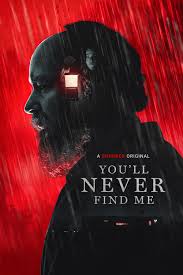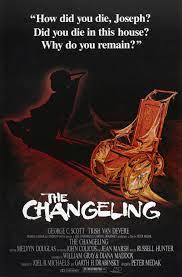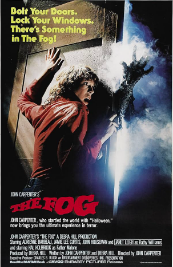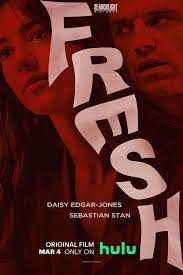
Even Stephen King loves Infested!
So how come I don’t?
French filmmaker Sebastien Vanicek spins an undeniably creepy tale about the rag-tag residents of a dilapidated apartment building besieged by Middle-Eastern spiders that reproduce at an alarming rate.
Our hero, Kaleb (Théo Christine), is an exotic animal fancier and sneaker pimp with a troubled personal life. Seeking to numb his sorrows with a little retail therapy, he buys an expensive spider from a shady agent and promptly loses the little bugger once he gets home.
Next thing you know, there are spiders everywhere! Big ones, small ones, nasty ones, climbing out of every nook and cranny!
The poisonous pests lay eggs in their human victims, so they can emerge from the corpse, en masse, for maximum “ick” factor.
Kaleb’s flat is in the remarkable Picasso Arenas, near Paris, designed by architect Manuel Núñez Yanowsky, which makes for an artfully labyrinthine backdrop for the anxious apartment dwellers trapped between advancing arachnids and brutal, unsympathetic cops trying to contain the threat.
My main beef with Infested is that the spiders themselves are rather lacking in character. Once ensconced in the building, they aren’t especially aggressive, though they do erupt in an impressive array of shapes and sizes.
When I saw Arachnaphobia (1990) in the theater, the audience was so rapt that we were continually brushing our clothes due to imagined, unseen invaders.
Perhaps it was the smaller screen, but the uncanny feeling of being trapped in a web never really materialized in Infested, though not for a lack of effort by Vanicek and a likable cast that spends most of its screen time cowering in dark corners.
This is where the lion’s share of the character development takes place. Old friends confessing their various misdeeds and misunderstandings, diminishing the sense of urgency necessary to sustain tension or terror.
It’s a pretty good movie, just not all that scary. Let’s see if the Arachnophobia reboot can do any better.










You must be logged in to post a comment.